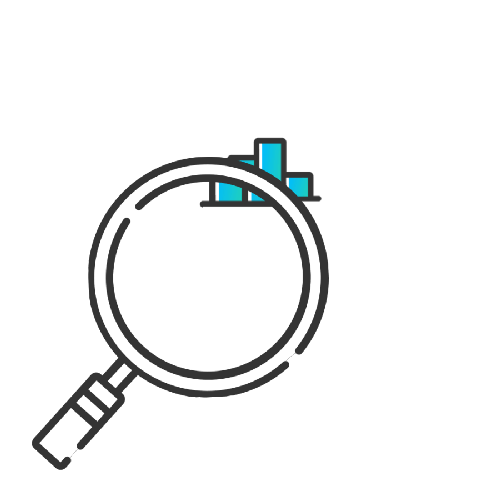Error message title

Error message title
Searching great energy plans for you
Climate change and wellbeing: eco-anxiety explained
Did you know that many people feel anxious and overwhelmed when they think about the future of our planet? If you're one of these people, don't worry; you're not alone. 81% of Australians are at least somewhat concerned about climate change (Ipsos Climate Change Report 2023). The feeling has been called "eco-anxiety" by scholars and experts, including the American Psychological Society (Royal College of Psychiatrists), and it's becoming more and more common, especially among young people.
Let's take a closer look at what eco-anxiety is and some ways you can help yourself and your family feel better.
What is Eco-Anxiety?
Let's start with what it isn’t. Eco-anxiety isn’t a diagnosable mental illness, but its impacts are real. Psychoanalyst Anouchka Grose, in her book How to Manage Your Eco-Anxiety (Grouse, A. How to Manage Your Eco-Anxiety, Magic Cat Publishing, London, 2023), says, “It’s the exact opposite of an illness – it’s a reasonable response to a real problem”. We often hear a lot about the future of our planet, and while it's great to care, it can sometimes feel overwhelming. Coping with intense emotions can be challenging, especially for young people.
Here are some simple ideas backed by the Australian Psychological Society to help reduce your family’s eco-anxiety and your impact on the planet simultaneously!
- Work out your family’s carbon footprint
Use ENGIE’s carbon calculator to estimate your carbon usage and help devise ways to reduce it.
The more families can reduce their air-conditioning usage, use public transport and purchase from companies that offset their carbon emissions, the more impact they can have on reducing net emissions. - Make some changes to your daily habits
The more families can reduce their air-conditioning usage, use public transport and purchase from companies that offset their carbon emissions, the more impact they can have on reducing net emissions. - Talk with your family and friends
Spend time talking with your friends and family about how you’re feeling and discuss the positive aspects of sustainability. Support your children in acting to feel more in control and hopeful. Having a positive mindset has many benefits, including physical and mental resilience (Australian Psychological Society et al, Coping with Climate Change Distress, n.d.).
For more information, check out these resources:
- Australian Psychology Society: Climate Change: What you can do
- A new guide for parents: Managing eco-anxiety in your kids
For urgent immediate help, phone Beyond Blue 1300 22 4636 or Lifeline 13 11 14.
